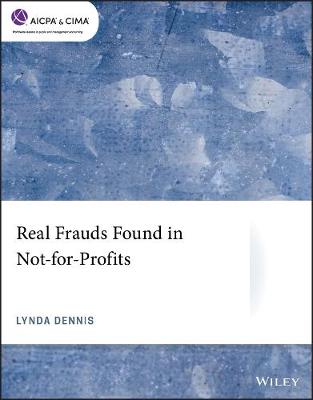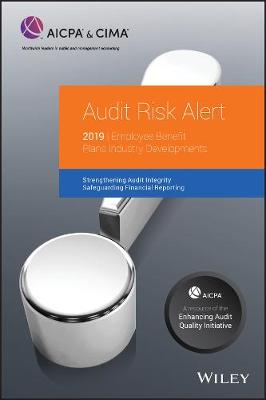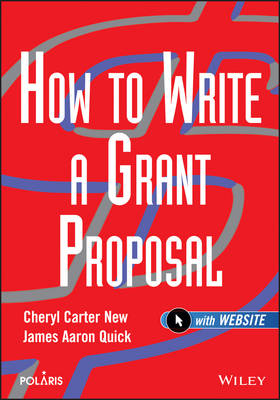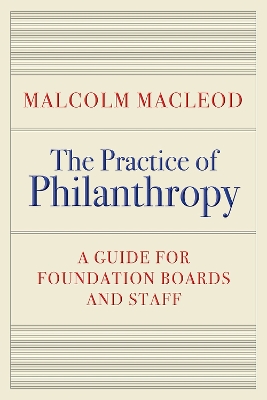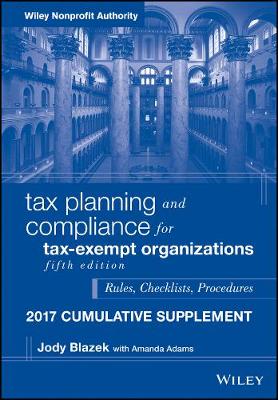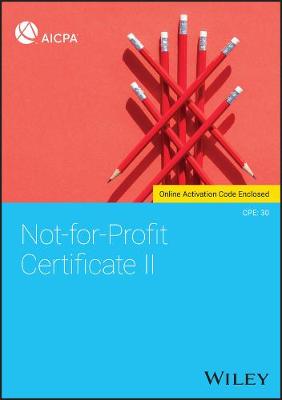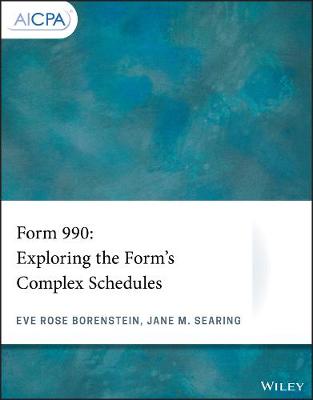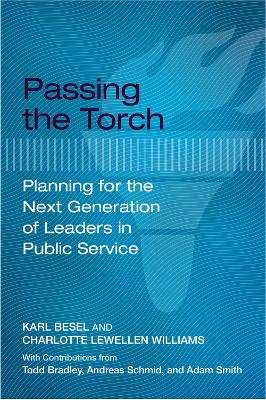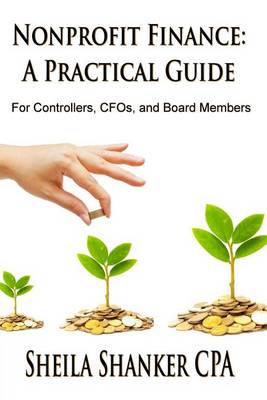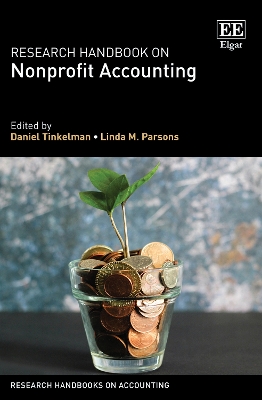Fundraising for Social Change (Kim Klein's Fundraising, #37) (Kim Klein's Chardon Press)
by Kim Klein
Fundraising for Social Change provides organizations that have budgets of less than $1 million (including much less than that) with the information they need to establish, maintain and expand a successful community-based fundraising program. Part of the new Kim Klein's Chardon Press Series from Jossey-Bass which focuses on providing fundraising and organizational development tools for community-based and social change organizations.
Due to the nature of not-for-profits, fraud may be more common than it seems. This book shows how to recognize red flags of fraud, including cyber fraud. It offers a comprehensive learning approach using real-world examples, explanations of audit standards, and informative case studies that analyze several unique frauds which occurred in the not-for-profit industry. Key topics covered are: misappropriation of benefits, pledges and contributions, cyber fraud, and grant expense allocations.
Writing to Win Federal Grants -The Workbook
by Cheryl L Kester and Karen L Cassidy
The increasing complexity of employee benefit plan auditing and focus by the Department of Labor have resulted in significant pressure for CPAs and firms performing EBP audits. To help CPAs meet the challenge of performing quality audits in this unique and complex area, the AICPA has developed this alert to assist in identifying current sources of risk within EBP audit engagements. Written by a task force consisting of current and former employee benefit plan expert panel members, this alert fea...
Public Value Theory and Budgeting (Routledge International Studies in Money and Banking)
by Usman W. Chohan
Public value theory has advanced over the past 30 years, but there is a need to extend its boundary outwards into new contexts and update its discourse to reflect new social challenges. We are now trying to create value in a globalized world, with supranational entities, with new international alliances and institutions, in a frightening post-truth era. How can public managers grapple with these emerging realities? This book seeks to provide answers to such public value questions by applying pow...
How to Write a Grant Proposal (Wiley Nonprofit Law, Finance and Management, #227)
by Cheryl Carter New and James Aaron Quick
Step-by-step guidance on how to write effective grants that get the funding you need. Complete with examples of fully-completed proposals, you'll also get an easy-to-use companion website containing guide sheets and templates that can be easily downloaded, customized, and printed. The authors provide examples of completed proposals and numerous case studies to demonstrate how the grant-seeking process typically works. Order your copy today!
The essential time-saving guide to the latest in nonprofit tax rules, regulations, and procedures Tax rules and regulations change annually, and nonprofit organizations know that staying compliant means staying up to date. But wading through tax code is less than helpful in the field, whereas the clear, practically oriented instruction inside provides the quick reference accountants, lawyers, and executives need. In the latest edition of Tax Planning and Compliance for Tax-Exempt Organizations,...
Introductory Financial Economics with Spreadsheets
by Cornelis van de Panne
This text combines the teaching and explanation of spreadsheets with the essentials of finance and economics in a highly-visual, interactive and project-based approach. Students progressively build skills in Microsoft Excel, by proceeding through a variety of basic applications. Users of other spreadsheets will also benefit from the book. This innovative publication includes an accompanying disk that provides the spreadsheet files on which the text is based and the data for the exercises and ass...
The Not-For-Profit Certificate II Program (30 CPE Credits and 30 CAE Credits) offers intermediate training on how to apply core concepts in NFP accounting and financial reporting, governance and assurance, and tax compliance. Delivered through an award-winning on-demand e-learning interface, this self-paced course was developed to appeal to all learning styles and levels using audio, video and hands-on skills practice. You’ll be able to successfully prepare not-for-profit financial statement...
Renovation of the Haitian Culture
by Wilson Thelimo Louis Pr Itiahaiti Haiti
Mastery of the current Form 990 beyond its Core Form pages requires an understanding of the Form's transparency demands relating to multiple complex issues, including: Transactions with certain insiders, expanded disclosure of highly-comp'd individuals' calendar year compensation, identifying and reporting in the presence of, "related organizations," nuances of the two "public support tests", undertaking of foreign operations, and more. This book covers the most advanced tax and nonprofit issues...
Hospitality Revenue Management
This new textbook, Hospitality Revenue Management: Concepts and Practices, provides a comprehensive, in-depth introduction to the basic concepts and best practices of hospitality revenue management. With a real-world, hands-on approach, the book places students in the role of a revenue manager striving to succeed in an ever-changing hospitality business environment. The book takes a unique multi-author, collaborative approach, with chapters from outstanding industry leaders who share their exper...
Reforming UK Public Policy Through Elected Regional Government
This book takes an in-depth look at the enormous challenges facing UK public services and considers what might be done to resolve them. The authors are confident that more of the same over-centralised approaches to public policy and so-called "levelling-up" policies will just not work. Instead, they argue for an application of radical measures, involving the creation of elected regional governments in England similar to the devolved arrangements in Wales, Scotland and Northern Ireland. The book...
Public-service executives, both elected and appointed within the public and nonprofit sectors, are retiring at record levels, and the number of Americans reaching age sixty-five annually will continue to rise over the next decade and is expected to surpass four million in 2020. Finding qualified, motivated leaders to fill vital public-service positions will challenge the public and nonprofit sectors. Unfortunately, recent studies show that few proactive steps are being taken by public-service o...
Research Handbook on Nonprofit Accounting (Research Handbooks in Accounting)
Bringing together a diverse team of renowned accounting scholars, this incisive Research Handbook presents a comprehensive evaluation of current research on nonprofit accounting, noting its major accomplishments and outlining opportunities for future study.The Research Handbook provides a broad overview of key topics related to accounting and financial reporting, including donor use of financial information, methods of measuring nonprofit performance, solvency and volunteer efforts, and the misu...

